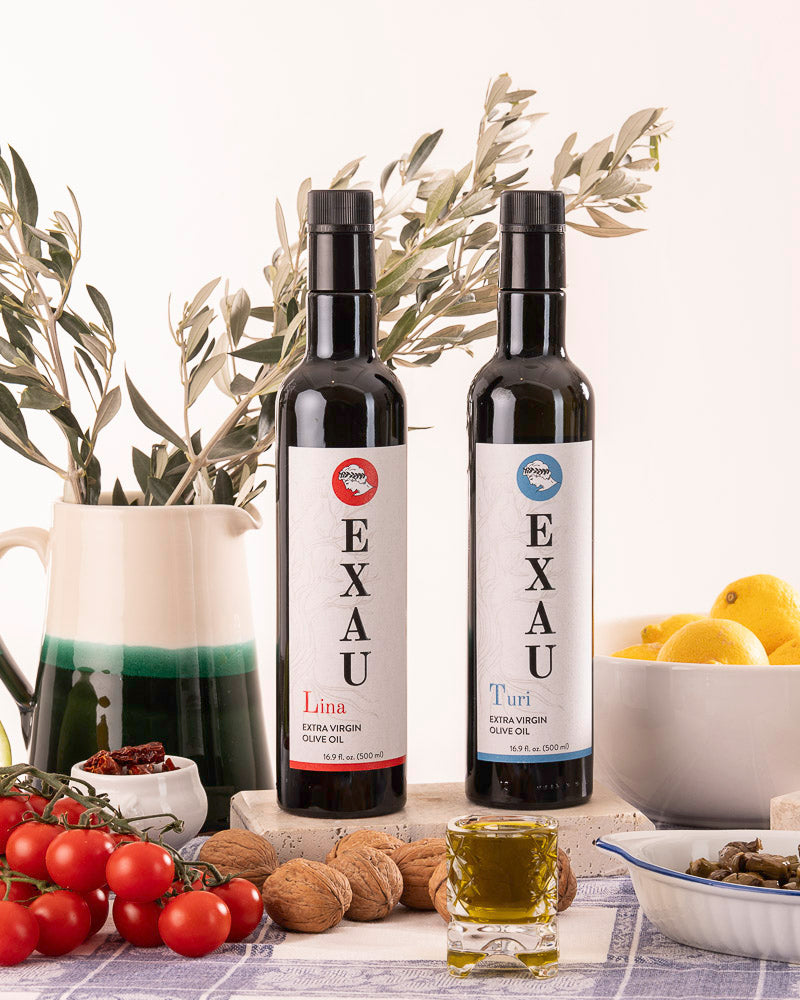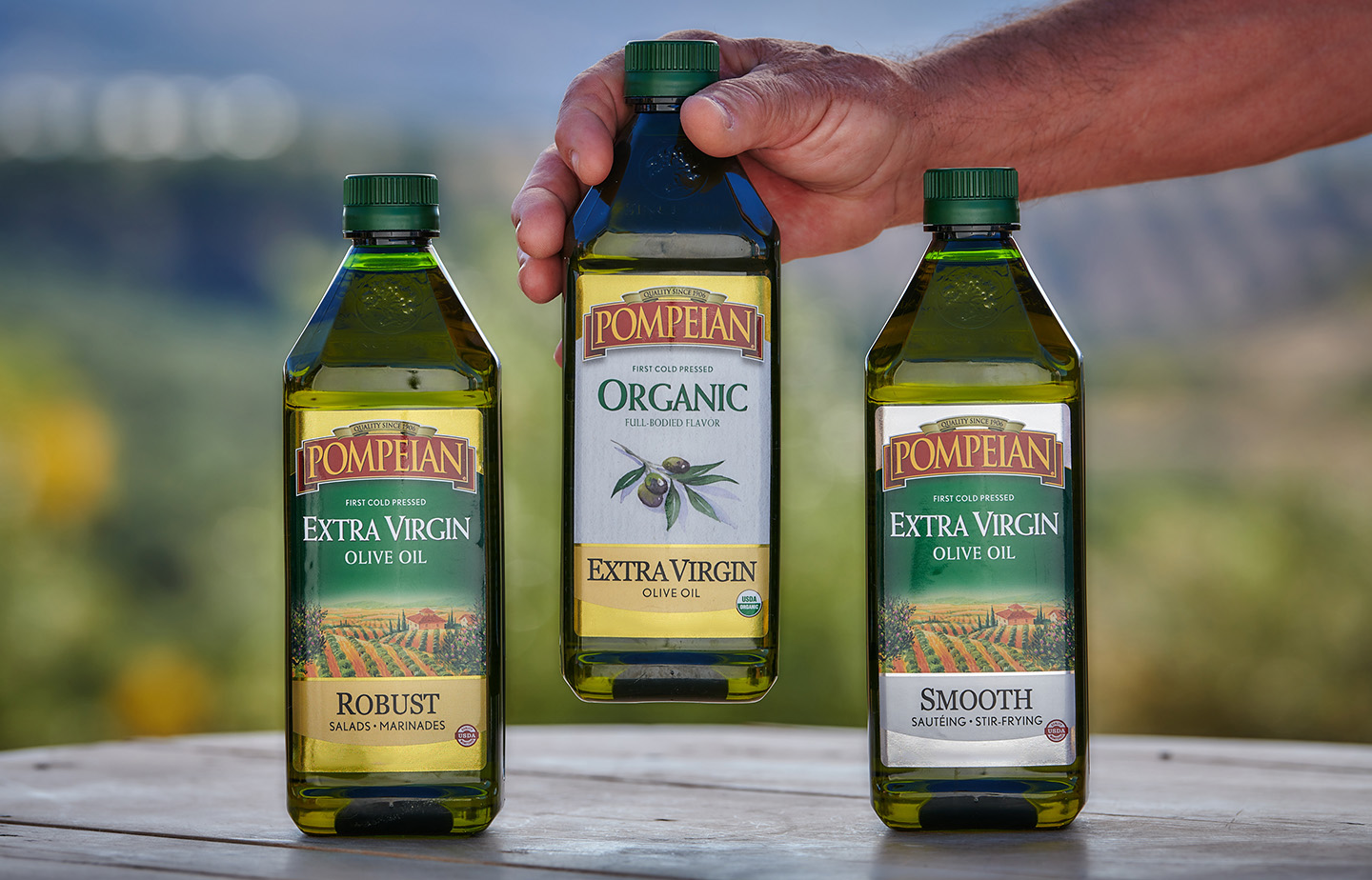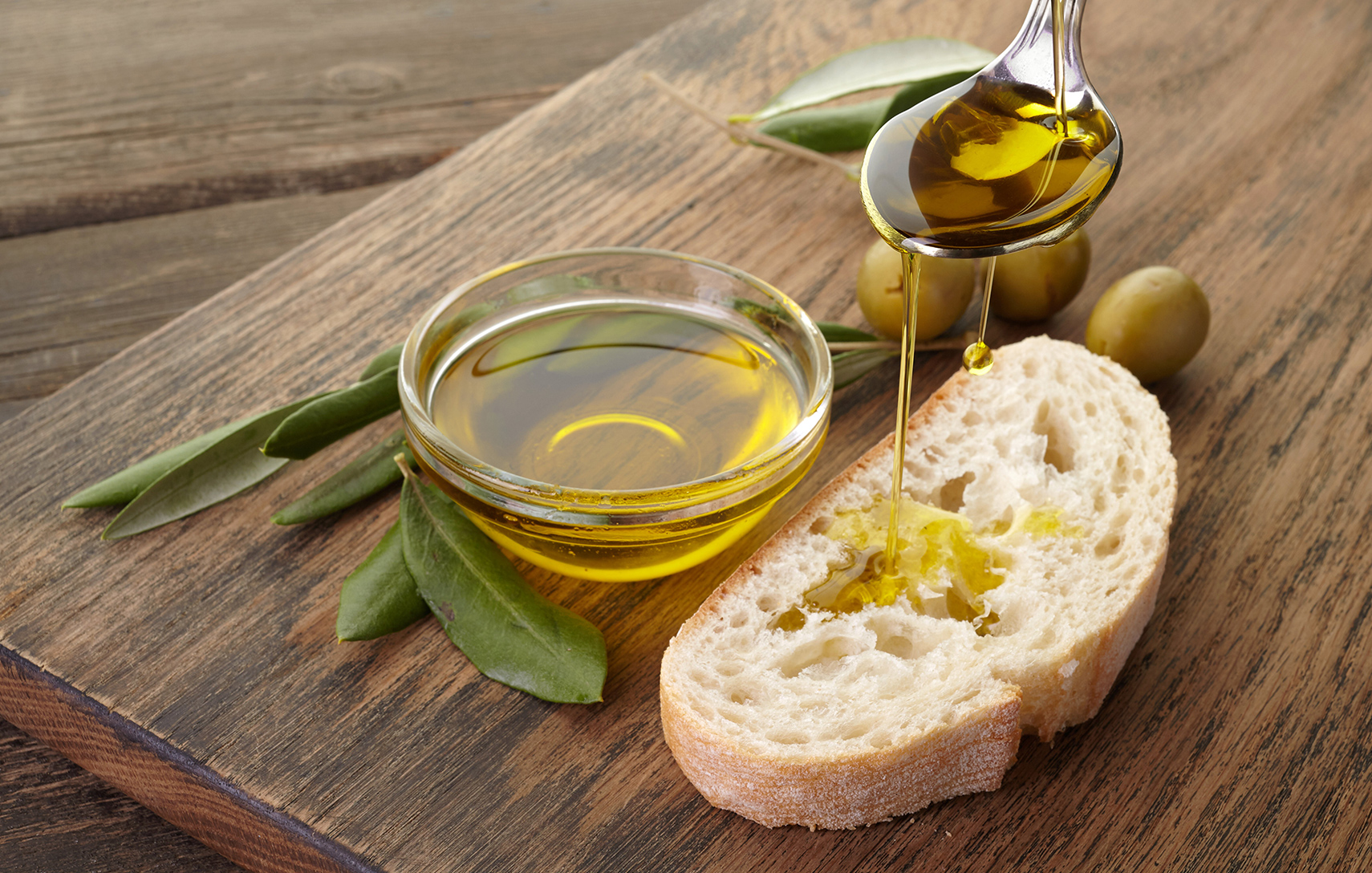Exploring the Various Sorts Of Olive Oil and Their Usages, Including Bonus Virgin Olive Oil
The exploration of olive oil includes a varied array of types, each offering distinctive flavors and cooking applications. Additional virgin olive oil, renowned for its remarkable quality and health advantages, serves as a staple in numerous cooking areas, yet it is just one element of this complex component.
What Is Olive Oil?
Derived from the fruit of the olive tree, olive oil is a staple in Mediterranean cuisine and an essential ingredient in various culinary applications. This functional oil is created by pushing whole olives, resulting in a fluid that differs in taste, shade, and aroma depending upon the type of olives used, the region of farming, and the removal process. Olive oil is mostly made up of monounsaturated fats, especially oleic acid, which is known for its prospective wellness benefits, including anti-inflammatory residential properties and cardio assistance.
Along with its culinary usages, olive oil has a long background of application in typical medicine and skin care, owing to its rich antioxidant content (extra virgin olive oil benefits). The oil is often utilized in dressings, sauces, and for cooking methods such as sautéing and roasting. Its distinct taste profile can enhance the preference of numerous dishes, making it a vital active ingredient for both home chefs and expert cooks
Additionally, olive oil is commemorated for its function in the Mediterranean diet regimen, which is connected with many wellness advantages. As awareness of these advantages expands, olive oil proceeds to obtain popularity worldwide as a fundamental element of a healthy lifestyle.
Kinds of Olive Oil
Understanding the various sorts of olive oil is vital for both health-conscious consumers and culinary enthusiasts. Olive oil is identified mainly based on its removal approach and high quality, which significantly influences its aroma, wellness, and taste advantages.

Light olive oil, despite its name, refers to a lighter taste and not reduced calories. It is perfect for those seeking a more subtle preference in marinates and dressings. In addition, there are flavorful olive oils instilled with natural herbs, spices, or citrus, which can boost dishes without the requirement for additional flavoring.
Each kind of olive oil offers certain culinary purposes, and comprehending these differences allows customers to make educated choices that line up with their cooking styles and health goals.
Extra Virgin Olive Oil
Additional virgin olive oil (EVOO) is commonly regarded as the finest quality olive oil offered, renowned for its abundant flavor and many wellness advantages. To be classified as additional virgin, the oil has to be created from fresh olives making use of mechanical procedures, without using solvents or excessive warm. This careful technique maintains the oil's all-natural flavors, anti-oxidants, and healthy fats, resulting in an item with a low acidity degree of less than 0.8%.
EVOO is bountiful in monounsaturated fats, particularly oleic acid, which is linked to decreased inflammation and boosted heart wellness. It click this site also has polyphenols, powerful anti-oxidants that might provide protective impacts versus chronic conditions. The taste profile of EVOO can vary considerably relying on the olive selection and area of manufacturing, ranging from fruity and verdant to durable and peppery.

Culinary Use Olive Oil

In cooking, olive oil can be utilized for sautéing, toasting, and barbecuing, giving a much healthier alternative to butter or other fats. Its high smoke factor makes it suitable for various cooking techniques, while its anti-oxidants contribute to a heart-healthy diet regimen. Drizzling olive oil over finished dishes, such as pasta, fish, or smoked vegetables, can boost flavors and include a touch of beauty.
In addition, olive oil plays a significant function in cooking, where it can replace traditional fats in recipes for bread and breads, giving moisture and a subtle preference. It also works as a base for infused oils, allowing chefs to trying out flavors such as garlic, herbs, or chili, even more expanding its cooking possibility. On the whole, olive oil's flexibility makes go right here it crucial in both home and expert kitchens.
Finding High Quality Olive Oil
When picking top quality olive oil, it's important to think about numerous key variables that affect the product's flavor, fragrance, and wellness advantages. Most importantly, opt for added virgin olive oil (EVOO), which is originated from the very first cold pushing of olives and includes the highest possible degrees of anti-oxidants and beneficial substances. Try to find oils that are accredited by recognized companies, as this commonly ensures adherence to stringent quality standards.
The packaging likewise plays a significant duty in preserving the oil's stability. Select oils kept in dark glass bottles or tins to safeguard against light destruction. Take note of the harvest day; fresher oils provide premium taste and nutritional value, so choose products that are within 18 months of their harvest.
Be mindful of the taste; a great quality olive oil need to have an equilibrium of fruity, bitter, and peppery notes, indicating its splendor and intricacy. By examining these variables, you can ensure you are picking the best olive oil for your cooking demands.
Conclusion
In recap, the expedition of various kinds of olive oil reveals distinctive qualities and applications, with additional virgin olive oil representing the pinnacle of high quality due to its low acidity and high antioxidant web content. Understanding the various varieties of olive oil enables for notified selections in cooking approaches, promoting healthier techniques while enriching the total gastronomic experience.
Obtained from the fruit of the olive tree, olive oil is a staple in Mediterranean food and an essential active ingredient in different culinary applications.The most common kinds of olive oil consist of refined olive oil, pure olive oil, and light olive oil.Extra virgin olive oil (EVOO) is extensively related to as the highest high quality olive oil available, popular for its abundant flavor and numerous health and wellness benefits. Decide for additional virgin olive oil (EVOO), which is obtained from the initial cold pressing of olives and has the greatest levels view it of antioxidants and useful compounds.In summary, the expedition of different kinds of olive oil reveals distinctive characteristics and applications, with added virgin olive oil standing for the peak of top quality due to its low acidity and high antioxidant material.